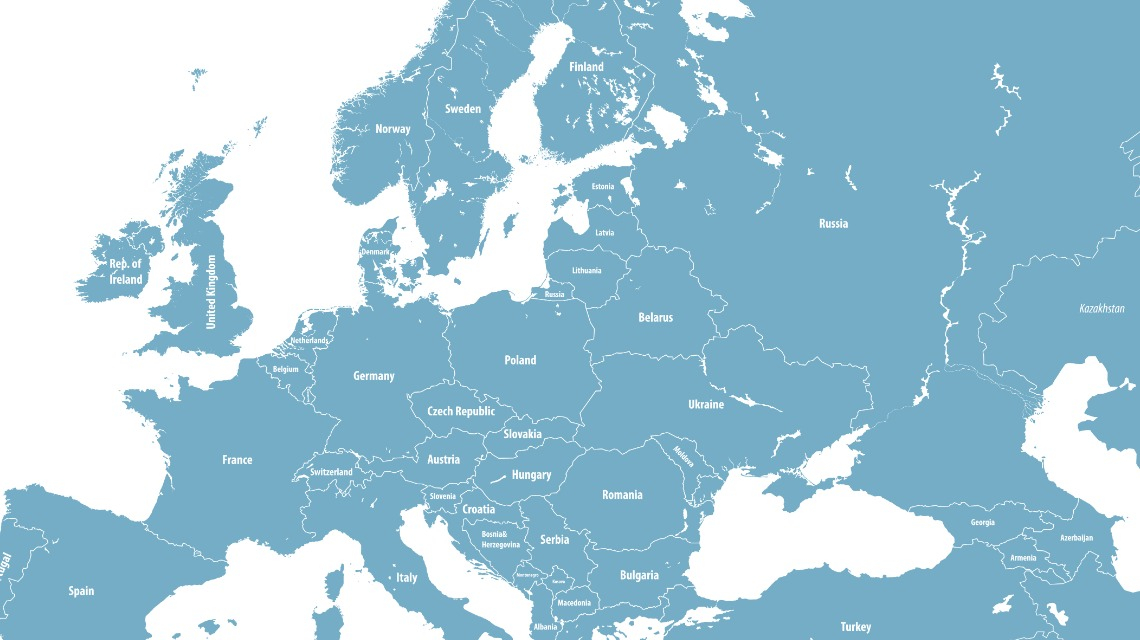Expert
-
Archive

War in Ukraine: Hamoud Salhi Explains the Context, and What the Future Holds
CSUDH Associate Dean of International Education and Senior International Officer Hamoud Salhi discusses the underlying geopolitical causes that have led…